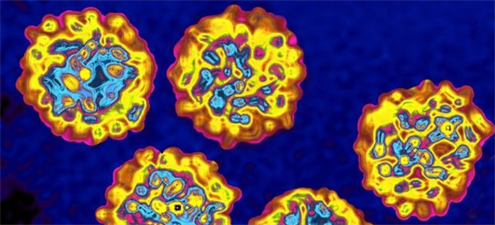New research supports hep C treatment for people who use drugs
Global health experts are today are calling for the removal of restrictions preventing people who use drugs from accessing new hepatitis C cures.
13 Sep 2016So long as these restrictions exist, the goal of disease elimination will remain out of reach, they say.
They are gathered in Oslo for the 5th International Symposium on Hepatitis Care in Substance Users, where new research continues to highlight not just the pivotal role treatment for people who use drugs plays in reducing hepatitis C transmission, but also how it can be rolled out to achieve best results.
"The science is clear. We now need to focus on overcoming barriers to access, and harness latest research to implement programs that work," said President of the International Network of Hepatitis C in Substance Users (INHSU), Associate Professor Jason Grebely, the Kirby Institute, UNSW Australia.
"To delay further is unethical and undermines public health," he added.

Hepatitis C - which if left untreated can lead to cirrhosis and liver cancer - affects approximately 64-103 million people around the world, resulting in around 700 000 deaths per year. In countries such as the US and Australia, hepatitis C now kills more people than HIV. In the UK, the number of annual deaths due to hepatitis C has quadrupled since 1996.
New, highly effective curative treatments have sparked hope of a world free of hepatitis C. The World Health Organisation (WHO) has set ambitious elimination targets of 90% diagnosed, 80% treated and a 65% reduction in hepatitis C-related mortality by 2030. In most high income countries, the vast majority (80%) of new infections are in people who inject drugs, but this group has faced widespread exclusion from the new therapies.
Click here to read the full article
Doctors can lead the way to healthier drug policies – join IDHDP now
Share this on: